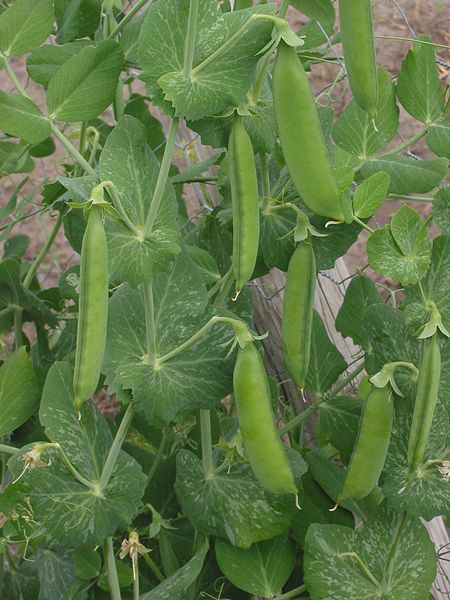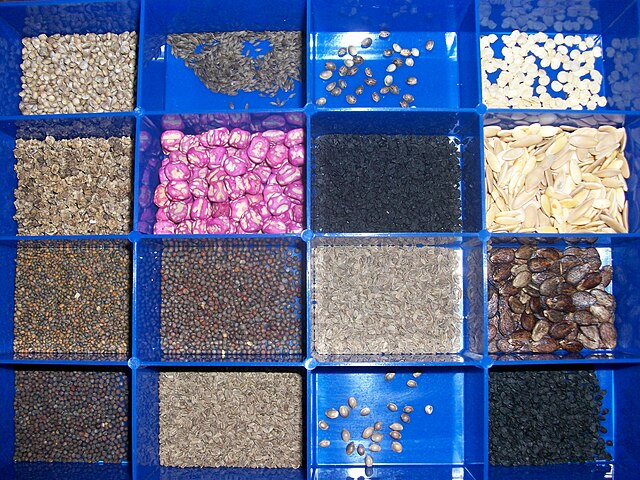Infinite photos and videos for every Wiki article ·
Find something interesting to watch in seconds
Celebrities
Supercars
World Banknotes
Great Artists
Rare Coins
Tallest Buildings
Presidents
Wars and Battles
Great Museums
Largest Empires
Crown Jewels
Best Campuses
History by Country
British Monarchs
Kings of France
Sports
Famous Castles
Richest US Counties
Largest Palaces
Ancient Marvels
Orders and Medals
Recovered Treasures
Countries of the World
Great Cities
Animals
Wonders of Nature
more top lists





